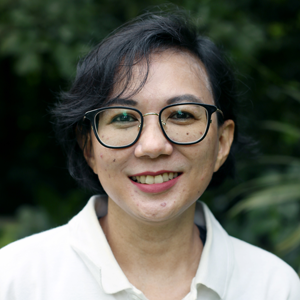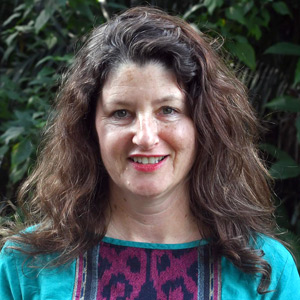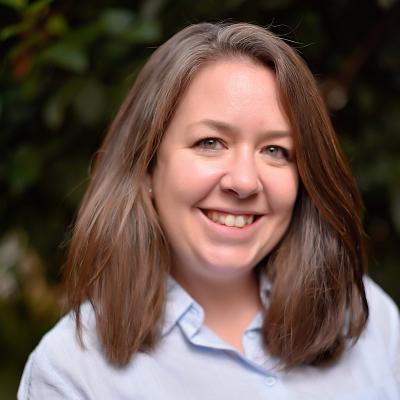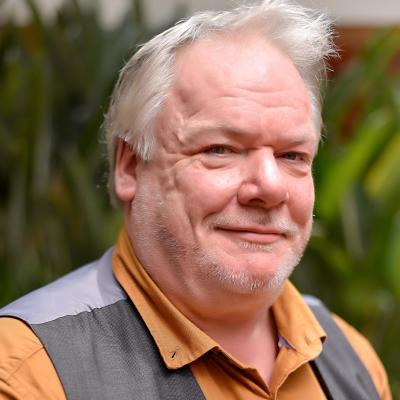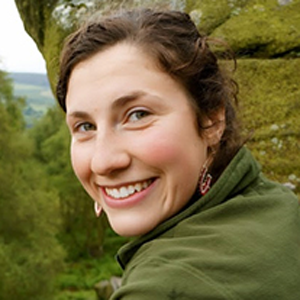Considering equity and measuring agency for food and nutrition security
Equity in food security and nutrition refers to the fair and equal access to sufficient, safe, and nutritious food for all individuals and communities, regardless of their socioeconomic status, gender, ethnicity, geographic location, or any other disparity factors. Achieving equity requires improving access to natural resources, education, sustainable food production, and social protection and safety nets for vulnerable populations, such as low-income households, women, and marginalized groups. This session discusses ways to increase resilience and equity in food systems through food-land use governance, community awareness raising on healthy food, social protection and safety nets for vulnerable populations, and multi-stakeholder partnership.
Gender transformative actions aim to change the agency of women with respect to their control over decisions about the management of farming practices and natural resources and the benefits derived from them. This session aims to explore how change in women’s agency can be measured and monitored alongside how this impacts food systems and the environment focusing on two case studies that look at: self-help women’s groups as agents of change in agroecological transitions to natural farming in Andhra Pradesh; and, how gender transformative actions have influenced regreening outcomes in northern Ghana.

Betha Lusiana

Swati Renduchintala














